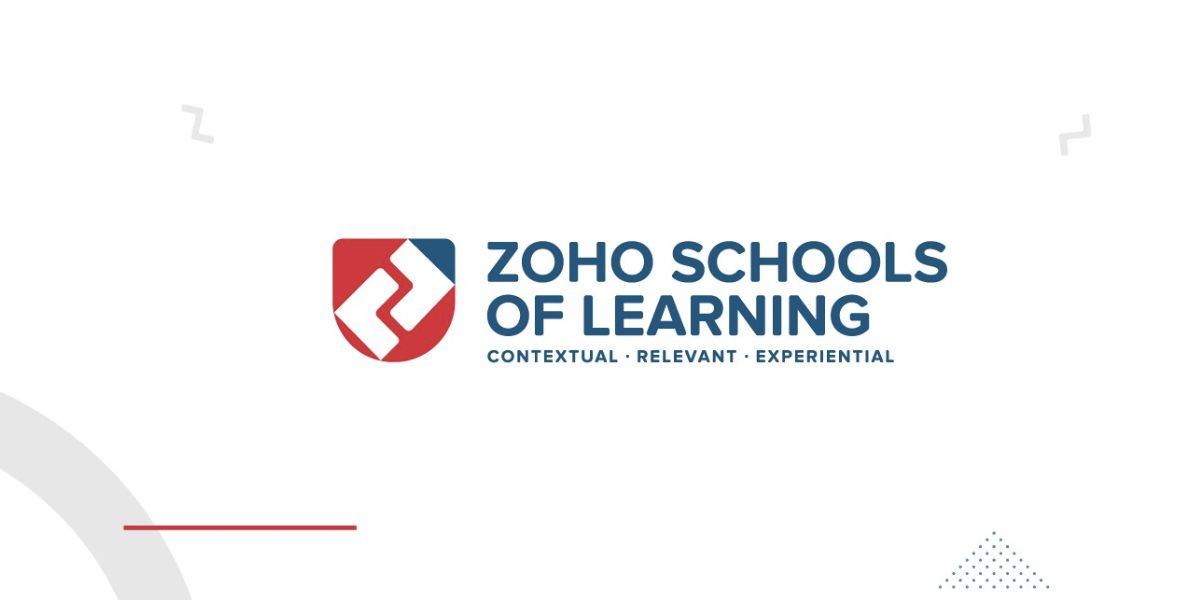Tenkasi, Tamil Nadu — In a quiet rural corner of southern India, far from the buzz of corporate boardrooms and university lecture halls, a silent revolution in education is taking place. It’s not happening in IITs or IIMs, but in Zoho Schools of Learning — an alternative learning ecosystem that’s transforming how India cultivates talent.
Founded in 2004 by software giant Zoho Corporation, these schools were born out of a radical idea: you don’t need a college degree to build world-class software — just curiosity, discipline, and opportunity. Two decades later, the results are in — and they’re rewriting the narrative of who gets to succeed in India’s tech economy.
An Education Model Rooted in Inclusion
With branches in Tamil Nadu’s Tenkasi, Chennai, and other tier-3 towns, Zoho Schools of Learning (ZSL) enrolls students directly after high school or polytechnic courses. There are no tuition fees. In fact, students are paid a stipend while they learn.
They’re trained in software development, design, business operations, or electronics through an intensive, hands-on curriculum crafted by working professionals. The goal is not theoretical knowledge but job-ready skillsets — and it’s working. Today, nearly 15-20% of Zoho’s 15,000+ workforce are graduates of this system.
“We don’t ask for degrees or résumés. We look for potential,” says Sridhar Vembu, CEO and co-founder of Zoho, who himself moved to a rural hamlet to run operations. “There is genius in villages — we just need to stop ignoring it.”
Impact on Students — and Villages
The program is not just an education disruptor; it’s a rural empowerment engine.
A recent report by Economix Consulting Group found that Zoho’s presence in rural areas like Tenkasi led to:
- A significant rise in household incomes of Zoho School graduates.
- Enhanced economic agency for women — with many supporting their families financially.
- Increased access to higher education for siblings and younger relatives.
- Boosted confidence and tech awareness in communities traditionally isolated from India’s IT boom.
Scaling a Rural-First Talent Strategy
Zoho has doubled down on this vision. As of 2025, it has:
- Trained over 1,000 students through Zoho Schools.
- Built more than 20 rural and semi-urban offices across Tamil Nadu, Kerala, Bihar, and Andhra Pradesh.
- Plans to replicate Zoho Schools in other states — including Uttar Pradesh and Maharashtra — as part of its broader push for distributed employment.
The company says that over 50% of new hires may come from non-metro locations in the coming years.
A Model for the Nation?
India’s traditional higher education system, often rigid, exam-centric, and exclusionary, struggles to keep up with evolving job demands. Zoho’s model bypasses this by aligning learning directly with employment — while also fostering local economic development.
As India’s youth face rising college fees and a shrinking formal job market, programs like Zoho Schools of Learning offer a compelling alternative: one that’s rooted in merit, skill, and access.
Quick Facts: Zoho Schools of Learning
| Feature | Description |
|---|---|
| Founded | 2004 |
| Fee Structure | Free; students receive monthly stipend |
| Eligibility | After 12th standard or diploma (no degree needed) |
| Specializations | Software, Design, Business, Hardware |
| Locations | Tenkasi, Chennai, and other small towns |
| % of Zoho Workforce | 15-20% from Zoho Schools |
In a world obsessed with degrees and pedigree, Zoho Schools of Learning are proving that potential is everywhere — even in India’s most overlooked corners. And by betting on the underdog, Zoho may just be building the most sustainable workforce model in the country.








